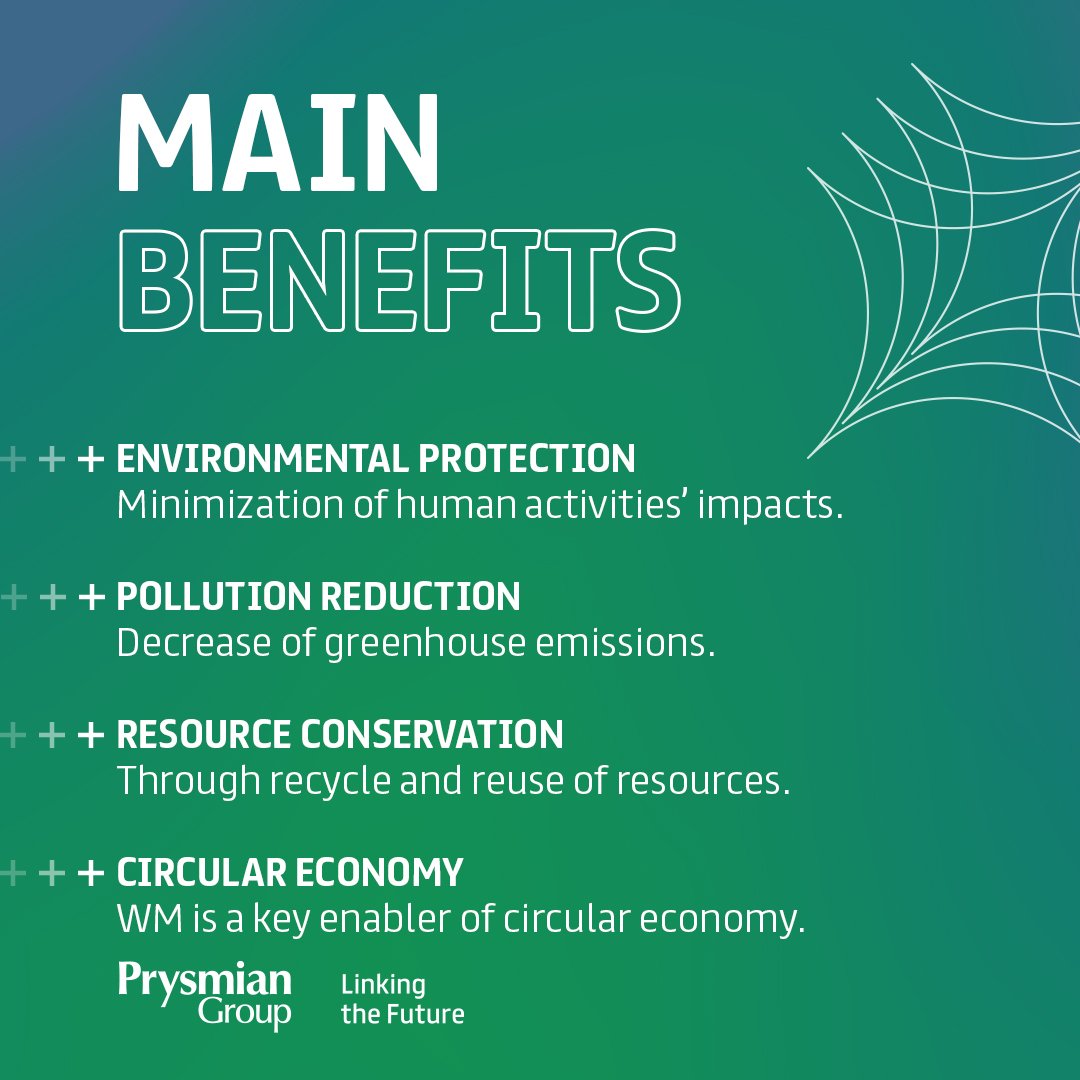Unknown Facts About Reclaim Waste
Wiki Article
Not known Incorrect Statements About Reclaim Waste
Table of ContentsAll About Reclaim WasteThe 2-Minute Rule for Reclaim WasteSee This Report on Reclaim Waste9 Easy Facts About Reclaim Waste ExplainedThe smart Trick of Reclaim Waste That Nobody is Talking About
Residential sewer waste refers to the waste and products from a property septic container. The proper management and disposal of residential sewer waste need liquid waste to be transferred to a sewage treatment plant where the correct methods and equipment are used to detoxify and dispose of waste.
Business waste commonly includes potential risks, such as flammable materials or a mix of fluid and strong waste products, and calls for an extra innovative and detailed disposal procedure. The disposal of industrial waste generally involves the filtration of waste before transport to make sure risk-free and correct disposal. Hazardous waste is produced from by-products and overflow of commercial processes and manufacturing.
This kind of waste can not utilize the same sewage monitoring transportation or processes as septic or business liquids. The commercial waste monitoring process requires the evaluation and testing of fluid waste before it goes through the disposal process (industrial wastewater treatment). Runoff waste is the fluid waste that originates from runoff and excess stormwater in extremely populated areas or cities
Runoff waste can trigger contamination and flooding if not handled effectively. Discover more regarding sewer cleansing and waste management. Guaranteeing appropriate waste administration can avoid calamities and lower ecological injury. Both individuals in domestic setups and experts in business or manufacturing sectors can benefit from comprehending the processes and laws of fluid waste management.
Excitement About Reclaim Waste
Contact PROS Services today to learn about our waste management and disposal services and the correct methods to look after the liquid waste you create.(https://pubhtml5.com/homepage/kwjac/)This so-called 'wastewater' is not just a vital source but, after treatment, will certainly be released to our land, rivers or the sea. Utilized water from commodes, showers, baths, kitchen sinks, washings and industrial processes is understood as wastewater.

water used to cool down equipment or clean plant read review and devices). Stormwater, a kind of wastewater, is runoff that streams from farming and urban locations such as roofs, parks, gardens, roadways, paths and gutters into stormwater drains pipes, after rain. Stormwater streams unattended straight to local creeks or rivers, eventually getting to the sea.
The 20-Second Trick For Reclaim Waste
In Queensland, the majority of wastewater is treated at sewage therapy plants. Wastewater is delivered from residential or commercial sites through a system of drains and pump terminals, known as sewerage reticulation, to a sewage treatment plant. Regional federal governments develop, preserve and run most sewer therapy plants. Operators are certified under the Environmental Management Act 1994 to release cured wastewater at an appropriate ecological requirement right into waterways.The Department of Natural Resources suggests city governments about handling, operating and preserving sewerage systems and treatment plants. In unsewered areas, city governments may need householders to install specific or family sewer treatment systems to treat domestic wastewater from bathrooms, kitchen areas, bathrooms and laundries. The Division of Natural Resources authorises using house systems when they are confirmed to be reliable.
A lot of stormwater receives no treatment. In some new class, therapy of some stormwater to remove clutter, sand and gravel has actually begun utilizing gross toxin traps. Wastewater therapy occurs in 4 stages: Gets rid of strong matter. Bigger solids, such as plastics and various other things wrongly released to drains, are eliminated when wastewater is passed via displays.
Uses tiny living organisms knows as micro-organisms to break down and eliminate remaining liquified wastes and fine fragments. Micro-organisms and wastes are included in the sludge.
Top Guidelines Of Reclaim Waste
Nutrient elimination is not readily available at all sewage therapy plants because it needs expensive specialized equipment. Clear liquid effluent generated after treatment may still include disease-causing micro-organisms - liquid waste removal melbourne.
This typically means wastewater has actually to be treated or pollutants gotten rid of before it can be discharged to rivers. The majority of wastewater flows right into the sewage system. Under the Act, local governments provide authorizations and licences for ecologically appropriate activities (Ages) entailing wastewater launches that may have a regional effect. The division administers approvals and permits to Ages entailing wastewater releases that may have a local or statewide influence.
Getting The Reclaim Waste To Work
Or else, samples are taken for lab analysis. Commonly several tests are needed to establish the levels of each of the different pollutants such as oils, hefty metals and pesticides in water. Monitoring provides valid details regarding water quality and can verify that licence problems are being met. The details gotten with monitoring provides the basis for making water high quality decisions.Report this wiki page